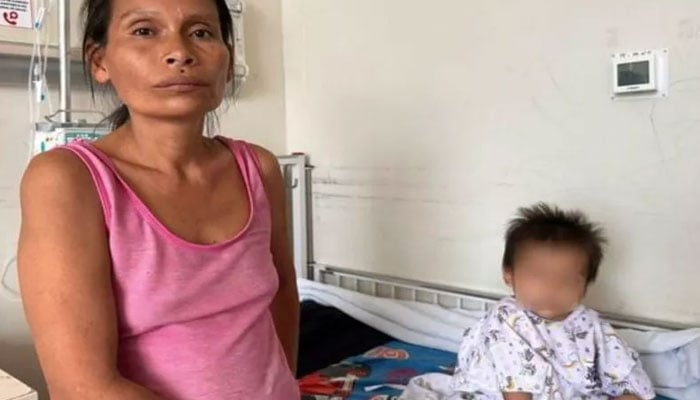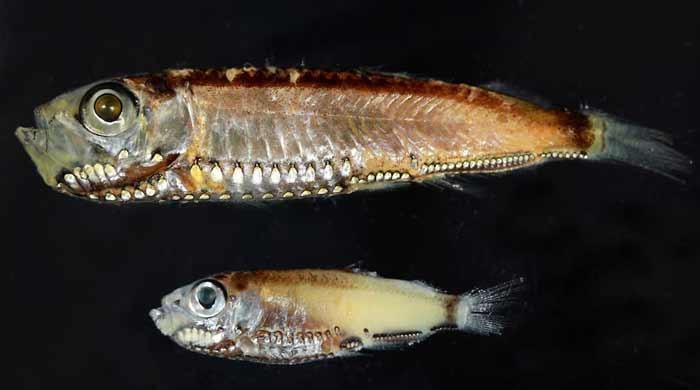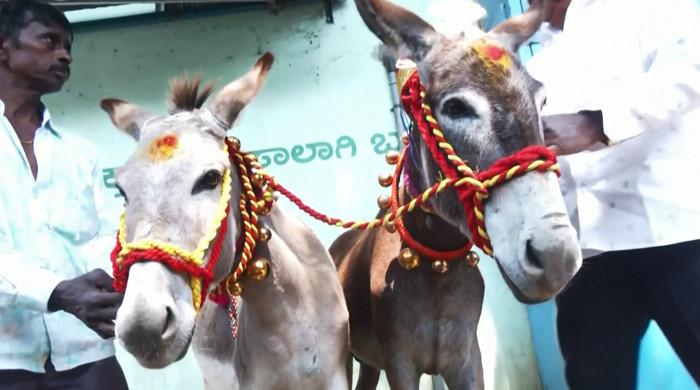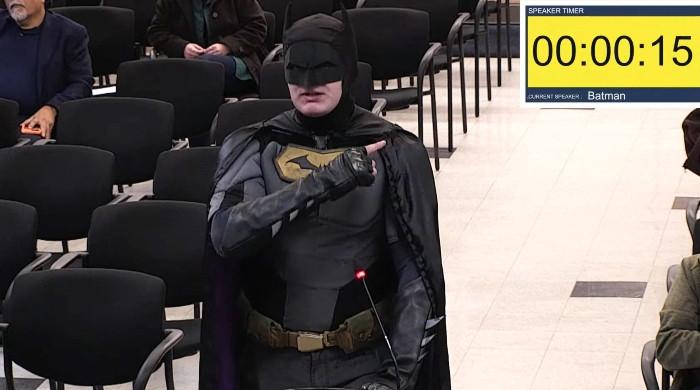Peruvian toddler swallows 8 needles, saved in emergency surgery
The needles were originally intended for vaccinating farm animals where the toddler's mother, Narly Olórtegui Pisco, is employed
September 13, 2023

A two-year-old toddler in northeastern Peru narrowly escaped a life-threatening situation after accidentally swallowing eight needles while at play.
Dr Efrain Salazar, one of the attending physicians, revealed that the discovery of the needles inside the boy's abdomen only occurred during surgery.
Local reports suggest that these needles were originally intended for vaccinating farm animals where the toddler's mother, Narly Olórtegui Pisco, is employed. The incident unfolded in Taratopo, an agricultural area located approximately 622 kilometers (386 miles) away from the capital, Lima.
It is believed that the child ingested the needles while playing on the farm. Fortunately, immediate medical attention prevented any life-threatening consequences, and the youngster is now in stable condition following surgery.
Surgeon Efraín Salazar Tito detailed the needle's locations, saying that two were in the peritoneum on the right side, three on the left side, one in the abdominal wall, and two perilously positioned between the bladder and rectum.
The boy's mother, Narly Olórtegui Pisco, expressed her belief that the incident was an oversight by the farm owner, as the needles were intended for veterinary use on cattle.
This incident highlights the danger posed by foreign-body ingestions in children, a common occurrence where children swallow objects unintentionally. A recent study in the journal Pediatrics reported a rise in such incidents, with coins, toys, jewelry, and batteries among the frequently ingested items.
Sharp objects, like needles, can pose grave risks by injuring the digestive tract or lodging in internal organs. The prompt two-hour operation successfully removed all eight needles and repaired small lesions in the boy's small intestine.
While the toddler is currently on a liquid diet due to the fragility of his intestines, he is expected to be discharged from the hospital in the coming days.
Narly Olórtegui Pisco expressed her gratitude to the medical team, acknowledging that their swift intervention made all the difference. Had it not been for their timely surgical expertise, the outcome could have been far more dire.











